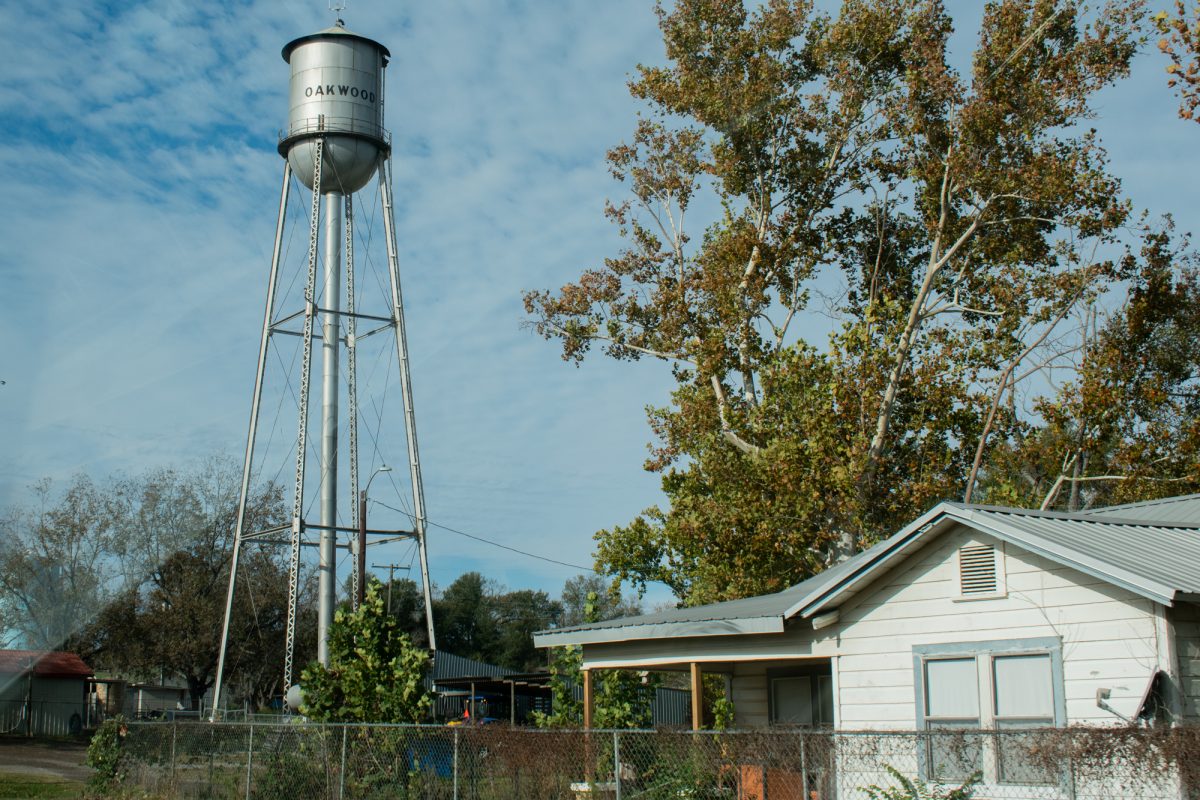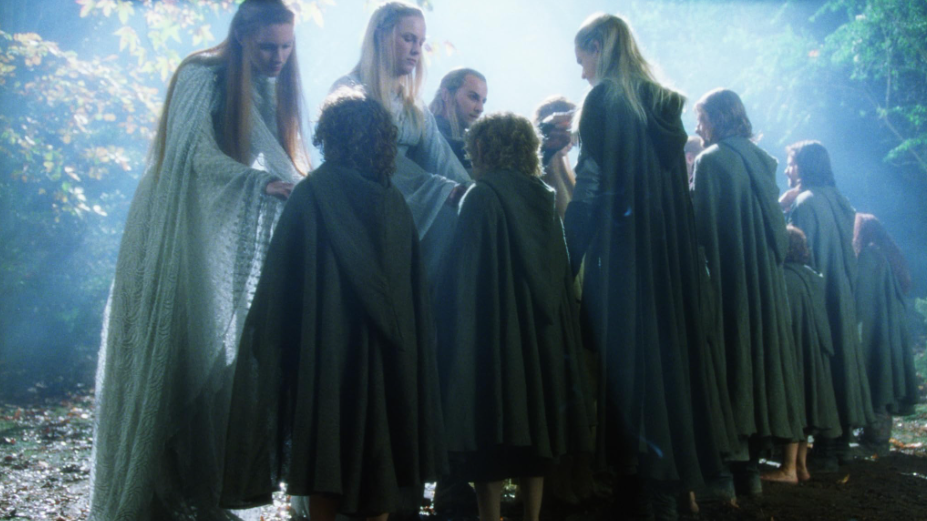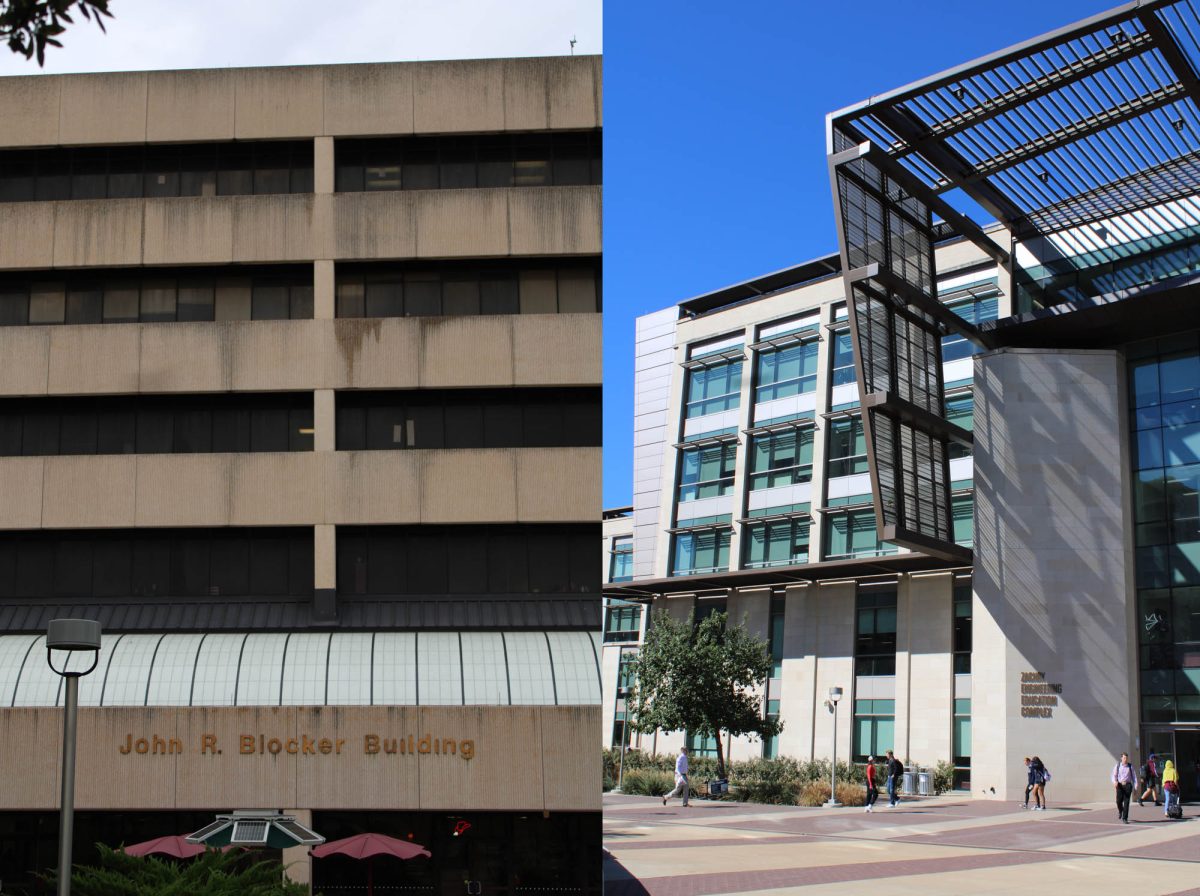Every Jan. 17, members of both sides of the political aisle line up to praise the memory of Martin Luther King, Jr. While we are accustomed to reflecting on the late advocate’s role as a driving force behind the Civil Rights and Voting Rights acts, we are considerably less familiar with other aspects of his activism. As it turns out, many of his goals remain unattained and others outside of the mainstream consciousness entirely. Removing ourselves from the way King is typically remembered, and adopting a more holistic retrospection on his legacy reveals not just what progress has been made, but how much we have yet to achieve.
So this Black History Month, I hope to start Texas A&M’s appreciation for Black history and activism on the right foot. Not just so we can properly understand the past, but the current struggle of our Black Aggies as well.
King was not simply concerned with equal treatment under the law, but for a genuine share of prosperity, a struggle which has defined progressive racial activism to this day. In King’s 1968 speech, “The Other America,” he says:
“It’s much easier to integrate a lunch counter than it is to guarantee a livable income and a good solid job. It’s much easier to guarantee the right to vote than it is to guarantee the right to live in sanitary, decent housing conditions. It is much easier to integrate a public park than it is to make genuine, quality, integrated education a reality. And so today, we are struggling for something which says we demand genuine equality.”
Now, over 50 years later, most of these aspirations remain unfulfilled. Despite the end of legal employment discrimination, Black Americans still report much lower wages than their white counterparts. Despite the end to legal housing discrimination, minority communities are still most highly concentrated in low-income housing. Despite the legal death of the separate but equal doctrine, schools remain widely segregated to this day.
While I do not have the ability to cover the full extent of King’s political philosophy, what has yet to be realized and the degree to which it still remains unpopular with conservatives, I highly encourage curious readers to educate themselves on King’s embrace of democratic socialism and support for universal basic income.
What is disheartening about King’s activism is just how much it resembles current cries for justice. The totality of King’s teachings shows us that fundamental elements of American society have yet to be changed.
Unfortunately, even the more well-known aspects of King’s ideology have been subject to distortion. Today, it is common for many to cite King’s “I have a dream” quote to further their own political message of racial neutrality and color-blindness.
Some states chose to adopt race-conscious initiatives during the pandemic, giving some minorities earlier access to vaccinations. Minority communities tend to be at higher risk of contracting and dying from COVID-19 as they are more likely to work in an occupation that cannot be performed remotely, have less access to quality healthcare and rely more upon public transportation. These vaccine eligibility requirements were thus meant to target those who most required protection from COVID-19.
In a Fox News segment regarding vaccination eligibility in Vermont, Ben Carson criticized the state’s prioritization of racial minorities saying, “If Martin Luther King were alive today, he would be absolutely offended. He would want people to be judged by their character, not the color of their skin.”
Contrary to Carson’s argument, King’s philosophy extends much further than a single quote, encompassing not just equal treatment under the law, but treatment proportional to need as well.
“[It is] important to understand that giving a man his due may often mean giving him special treatment … I am aware of the fact that this has been a troublesome concept for many liberals, since it conflicts with their traditional ideal of equal opportunity and equal treatment,” King wrote in his book “Where Do We Go From Here.”
King, unlike Carson, was concerned with equity, not just equality. Surely disproportionate rates of death are grounds to receive such “special treatment.” Carson’s statement is thus not only callus and ignorant, but a sick perversion of King’s teachings as well.
Left-leaning activists and proposals are not unaccustomed to this style of criticism. Many conservatives and moderates will insist King just wanted a “basic” form of equality, omitting the broader scope of his activism and emphasis on equity. The myth they champion is an inoffensive and sanitized falsification of King’s ideals. Using this corrupted recollection, they often portray modern progressives as unworthy heirs and a subversion of King’s legacy.
This rhetoric is quite ironic considering it is rather conservatives that are propagating a false memory.
A more honest reflection on both King and his legacy reminds us that progress is not a guarantee. Activists can have their messages appropriated, reforms can be abandoned and ideologies can be resigned to the edges of political thought.
Now, over 50 years after King’s assasination, state legislatures have passed additional voting restrictions and banned the teaching of “critical race theory.” While society is capable of improvement, today it regresses.
So, this Black History Month, let’s remember Martin Luther King Jr., the man, in his totality, not just his aspirations that were accomplished, not just those that reinforce our contemporary notions of inevitable progress, but, for the sake of our Black Aggies, also those that have yet to be realized as well.
Caleb Elizondo is an engineering freshman and opinion writer for The Battalion.









